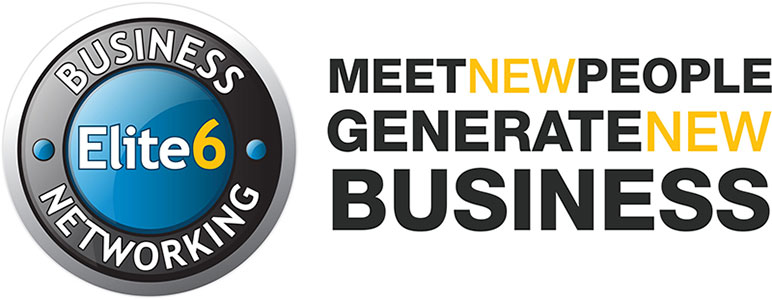 This blog post is from my good friend Sean Barnes.
This blog post is from my good friend Sean Barnes.
Small and Medium Enterprises (SME’s) represent the greatest number of businesses numerically (97% of enterprises have fewer than 20 employees) and by collective contribution in the New Zealand economy (just under 30% of GDP).
As an SME evolves, the challenges for the business are constantly evolving from the start-up phase, to survival by growth, through the evolution to a stable operating business. In addition to this, there are many challenges facing business in a rapidly changing world. Change is inevitable, and increasingly it is happening at a greater pace and at a greater magnitude.
So here comes the “s” word – sustainability. So why is sustainability an important consideration for an SME?
Firstly, we need to define sustainability in a simple and easily understandable way:
- Sustainability is about holistic thinking – for an SME it means considering the whole of your business, and your strategic direction across the economic, environmental, social and political (compliance and regulatory) spheres;
- Sustainability is about thinking long-term. This means moving beyond the typical “long-term” business plan (3-5 years) and thinking beyond this generation.
- Sustainability is about systems thinking. This includes the interfaces that your business (your system) has with the outside world (other systems), and the big trends and challenges in the system you operate in (your market sector and geography).
 So what tangible value can sustainability deliver to SME’s?
So what tangible value can sustainability deliver to SME’s?
There are a number of areas where sustainability provides an opportunity for business of different kind, which can be grouped as core business activities and emerging business activities:
Under core business activities, sustainability has been demonstrated to:
- Improve profitability – improving business efficiency and making better ‘whole of life’ decisions.
- Better manage risk – providing a platform that underpins a business in a way that ensures it is fit for the future and prepared for external change.
- Drive innovation – acting as a catalyst for change and identifying new opportunities such as additional service lines.
There are also a number of emerging business ideals such as transparency, authenticity and integrity that can only be addressed through an ethical and honest business model. The recent Fonterra contamination issue raises impact that an operating issue can have on a company and the trust of a brand.
The Sustainability Company utilises an SME business cluster model to take businesses through the structured SP360 programme designed to embed sustainability into their organisation. SP360 has a large number of practical tools that move beyond “why”, and focus on the “how” and creating tangible action.
How ready is your business for the changing world?















Leave A Comment
You must be logged in to post a comment.